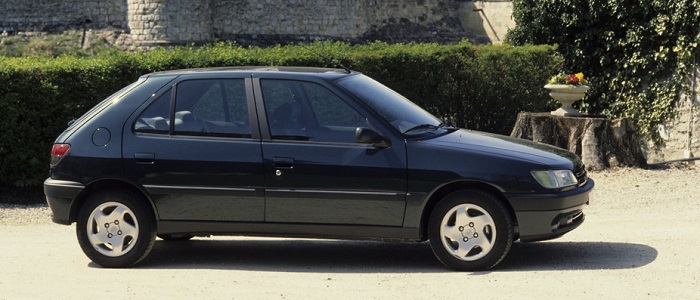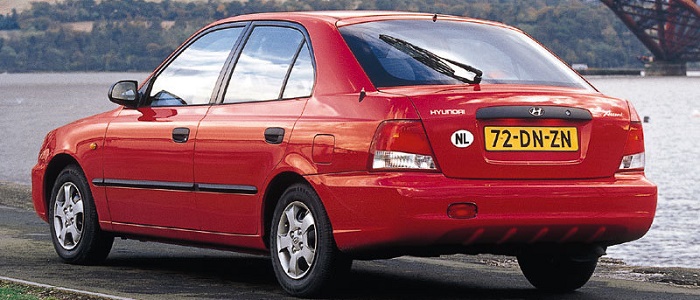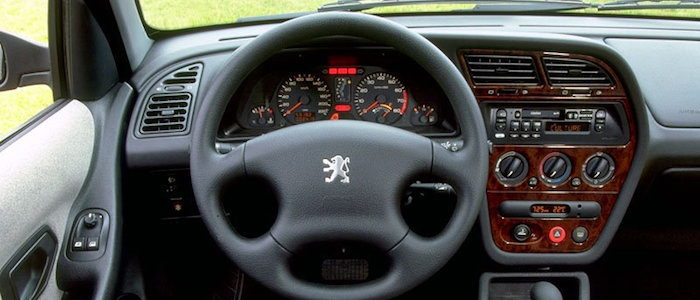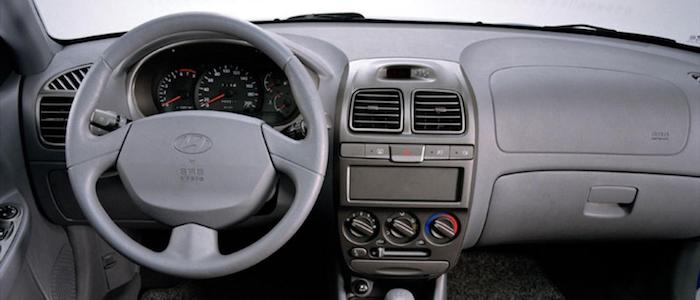Compare two cars
Compare any two cars and get our Virtual Adviser™ opinion
Marketing
Dimensons & Outlines
Engine
1.8 XU7 LFY
Performance (manual gearbox)
Performance (automatic gearbox)
Expenses
Virtual Adviser's™ opinion
Well, these are two pretty similar cars we have here! It's only details that could potentially make the difference. Considering they both belong to the small family car segment and utilize the same 5-door hatchback body style and the front wheel drive system, it all comes up to the specific petrol engine choice they offer. The first one has a Peugeot-engineered powertrain under the hood, a 4-cylinder, 8-valves 110hp unit, while the other one gets its power and torque from a 4-cylinder, 12-valves 90hp engine designed by Hyundai.
SafetyThe fact that the Peugeot got tested by the European New Car Assessment Programme (Euro NCAP), while the other contender didn't, isn't really an advantage, taken the poor 3-star rating it received. Still, apart from the official crash test results there are other things we need to be aware of. Both vehicles belong to the small family car segment, which is generally classifying them somewhere in the middle safety-wise, but that fact doesn't break the tie between the two cars. Furthermore, when it comes to weight, a factor that most people underestimate, the French car offers a considerable difference of 13% more metal.
ReliabilityManufacturers have been building their reliability reputation for decades now and, generally speaking, it appears that both brands display similar results in faults and breakdowns, all the models observed together. These are the official statistics, while our visitors describe reliability of Peugeot with an average rating of 4.3, and models under the Hyundai badge with 4.5 out of 5. Independent research findings rank 306 as average reliability-wise, and Accent is more or less at the same level.We should definitely mention that owners of cars with the same powertrain as the French car rank it on average as 5.0, while the one under the competitor's bonnet gets 3.0 out of 5.
Performance & Fuel economyPeugeot is a bit more agile, reaching 100km/h in 0.9 seconds less than its competitor. In addition to that it accelerates all the way to 190 kilometers per hour, 21km/h more than the other car. When it comes to fuel economy the winner has to be the Korean car, averaging around 6.4 liters of fuel per 100 kilometers (44 mpg), in combined cycle. We can't ignore that 27% difference compared to the French car.
Verdict
Peugeot appears just a bit more reliable, although the difference is truly marginal. The most important thing when deciding between any two vehicles should always be safety, both passive and active. In my opinion, everything taken into account, the French car beats the other contender by far, making it the best choice without even considering other things. It all continues in the same direction, with Peugeot offering somewhat better performance, just enough to call it quicker. It does come at a cost though, and that's the fuel consumption... No mistake, whatever you decide here, but I'd still go for the Peugeot. In any case that's my personal view, built upon all the data available to me. What should decide here though is the way you feel about the two vehicles, and I hope you'll find my guidelines useful in the process. Also, you could use the oportunity to find out which car, everything taken into account, would be the perfect choice for you in the eyes of the virtual adviser™, out of 12.000+ vehicles we currently have in our database.































